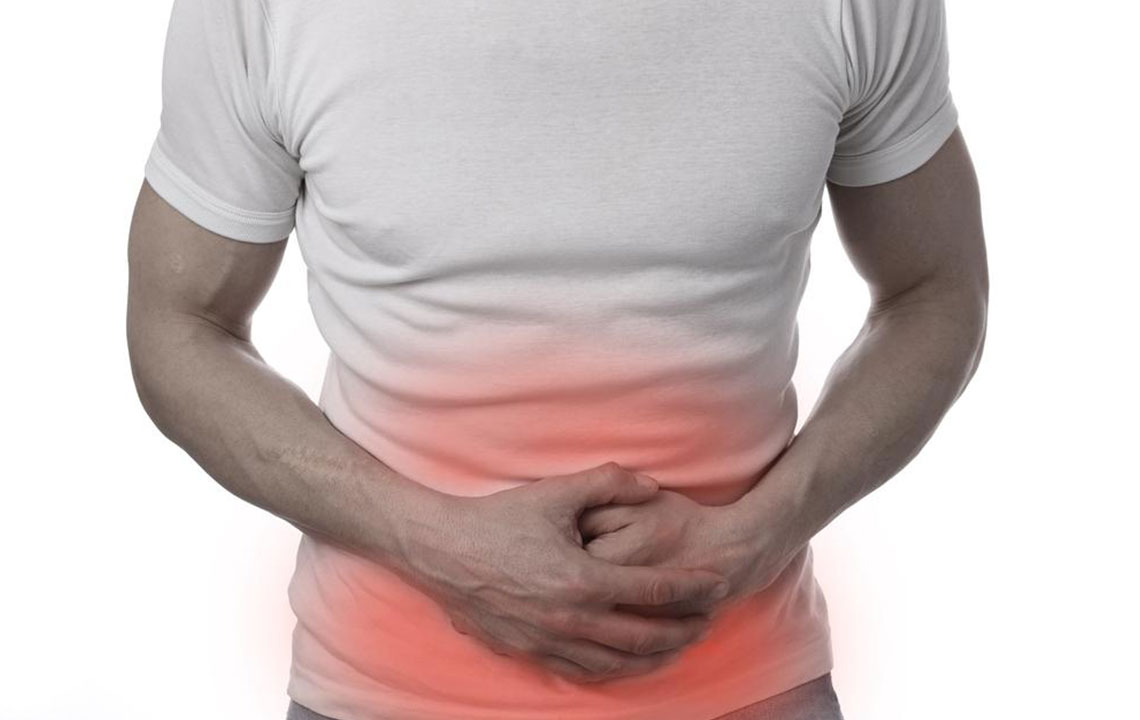Best Treatments for IBS

A highly prevalent disorder, Irritable Bowel Syndrome (IBS) is a functional bowel disorder. Abdominal pain is the key symptom of IBS and is usually associated with a change in the frequency and consistency of stool. This altered bowel routine can be chronic and reduces patients’ quality of life. It is, therefore, necessary to get a proper physical diagnosis and examination done in the clinic to understand the cause, and accordingly, physicists recommend treatment for IBS.
Options for treatment for IBS are no longer limited to using smooth muscle relaxants and fiber supplements, and it has increased in number over the last few years. Common systems of irritable bowel syndrome (IBS) include abdominal pain and disordered defecation, however, treatment for IBS should be to be customized basis the predominant symptom experienced by the patient. This article throws light on the different therapeutic choices/options for the treatment of IBS.
Treatment for Irritable Bowel Syndrome (IBS)
Since IBS is not completely curable, there are different techniques that a doctor can employ to make the condition better. Once doctors are certain of the cause and the predominant features, they prescribe medicines and probiotics coupled with a balanced diet pain in order to relieve the pain. Also, there are different therapy treatments that are advised depending on the severity of the situation.
Diet Management
FODMAP diet is recommended to patients to treat symptoms of IBS. The aim here is to add fiber and nutrients to the diet so that stool passing is not painful and the body doesn’t feel worn out.
Medicines
Following is a list of medicines that help relieve symptoms associated with IBS.
- Fiber supplements – Helps relieve constipation
- Laxatives – Helps when suffering from constipation. Please consult a doctor before starting a course because laxatives work in different ways.
- Loperamide – An antidiarrheal, Loperamide helps reduce diarrhea by slowing the movement of stool through the colon. However, this medicine does not reduce or ease the symptoms that are associated with IBS, such as bloating, pain, or other symptoms.
- Antispasmodics – These medicines not only reduce pain experienced in the abdomen but also controls colon muscle spasms. Examples include cimetropium, hyoscine, and pinaverium.
- Antidepressants – Antidepressants are known to relieve IBS symptoms because of their influence on colon transit. For example, tricyclic antidepressants are suitable for patients with IBS-D (IBS with diarrhea). Selective serotonin reuptake inhibitors, on the other hand, are prescribed to those suffering from IBS-C(IBS with constipation)
- Lubiprostone (Amitiza) – It is suitable for patients suffering from IBS-C. It helps to get relief from abdominal pain and discomfort arising duce constipation.
- Linaclotide (Linzess) – It is suitable for patients suffering from IBS-C and helps in relieving abdominal pain. It also increases bowel movements and gives relief from constipation-related symptoms.
- Rifaximin – It is an antibiotic which is prescribed to reduce bloating. It helps in treating an overgrowth of small intestinal bacteria.Coated peppermint oil capsules are also used to ease symptoms associated with IBS.
Remember to follow the instructions given by your doctors while using medicines to treat IBS as some medicines do tend to have a negative effect. Therefore, talk to your doctor and tell him about the side-effects experienced while following the course of prescribed medicine.
Avoid problem foods
Caffeine, alcohol and artificial sweeteners should be avoided as these trigger stomach pain and cause digestive problems. It is also advised to skip food that is rich in fat and also items that cause gas (beans, cabbage, chickpeas, etc.)
Probiotics- Treatment for IBS
Doctors often recommend probiotics that are known to have a significant impact on the symptoms of IBS. Probiotics are live microorganisms present in the GI tract of the human body. Studies have revealed that by consuming large amounts of probiotics symptoms of IBS can be treated.
Probiotics are found in curd and other dietary supplements like capsules, tablets, and powders.
Therapies for mental health problems
Psychological therapies may improve your IBS symptoms.
Stress Management
Managing stress helps improve IBS. It has been seen that with less stress, cramps and pain also subsides.
Following stress management techniques are good options for treatment of IBS:
- IN stress reduction and relaxation therapies are recommended for those who suffer from irritable bowel syndrome
- Talking to a counselor and getting support
- Exercising regularly
- Avoiding stressful situations
- Never compromise on good nights sleep. Sleeping for 6-7 hours a day is recommended.
Talk Therapy
Talk therapy focusses on thoughts and actions with the aim to reduce stress and improve IBS symptoms. Two common types of talk therapy are cognitive behavioral therapy and interpersonal or psychodynamic therapy. Psychodynamic therapy focuses the patient’s thoughts on the emotions and its effect on IBS symptoms.
Gut-Directed Hypnotherapy
This treatment for IBS involves hypnosis to relax the muscles in the colon.
Mindfulness Training
This training aims to focus patient’s attention on sensations occurring at the moment and also to avoid worrying catastrophizing about the implication of those sensations.


